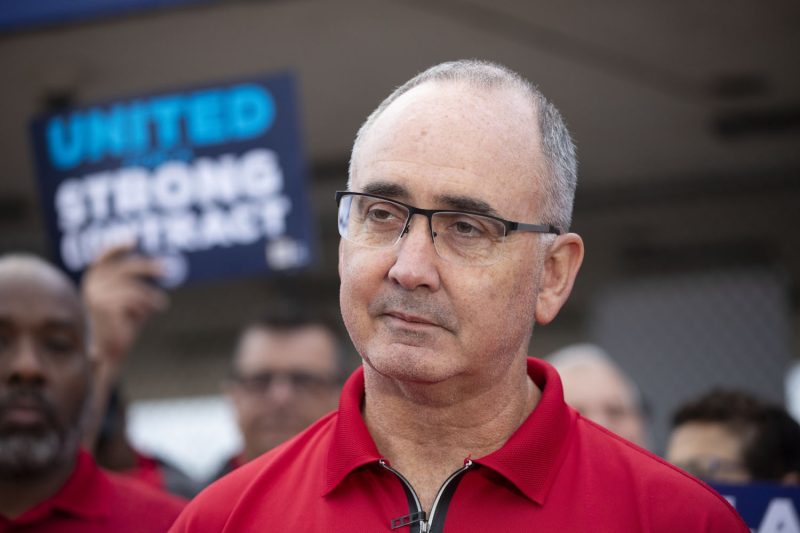
UAW Confronts Mercedes-Benz Over Union Vote, Calls for a Fresh Election with NLRB
The ongoing feud between the United Auto Workers (UAW) Union and luxury automaker Mercedes-Benz has been reignited recently as the UAW challenges Mercedes-Benz’s union vote and requests the National Labor Relations Board (NLRB) to call for a new election.
Mercedes-Benz’s union vote is a significant event, typically viewed as an opportunity for workers to voice their concerns and negotiate for better working conditions, pay, and benefits. However, the UAW has taken issue with the proceedings, insisting that there were noticeable irregularities in the vote count that have led to a biased and unrepresentative outcome. The UAW believes that the outcome does not accurately represent the actual desires and interests of the employees, hence its call for a re-election.
The UAW’s concern stems primarily from a belief that Mercedes-Benz used manipulative tactics to influence the union vote. The Union alleges that Mercedes-Benz intimidated workers, threatened job losses, and offered perks and benefits to those willing to vote against unionization, thereby skewering the results in the company’s favor.
Moreover, critics argue that Mercedes-Benz exploited the fear and uncertainty resulting from the ongoing COVID-19 pandemic to dissuade workers from voting for union representation. Despite these serious allegations, Mercedes-Benz has consistently denied any form of manipulation, maintaining that the vote was free, fair, and transparent.
The request from the UAW to the NLRB for a new election has added another layer of complexity to this ongoing saga. The NLRB, an independent federal agency with the mandate to safeguard employees’ rights to organize and to prevent unethical practices by employers or labor unions, will now be tasked with examining the validity of the UAW’s claims.
Notably, the issue is not merely restricted to a single vote or election; it speaks volumes about the ever-evolving dynamics of labor relations in the automotive industry globally. In fact, the UAW’s reaction can be seen as a reflection of broader unease among labor movements towards the rise of anti-union sentiments allegedly propagated by large corporations.
Recognizing these complexities, it is critical to understand the potential implications we can anticipate. Should the NLRB find in favor of the UAW and proceed with a new union vote, it could signify a reinforcement of the importance of labor unions, asserting their significance in providing a platform for workers to unite and negotiate their rights and benefits.
Yet, if the NLRB dismisses the UAW’s claims, it may be viewed as a blow

